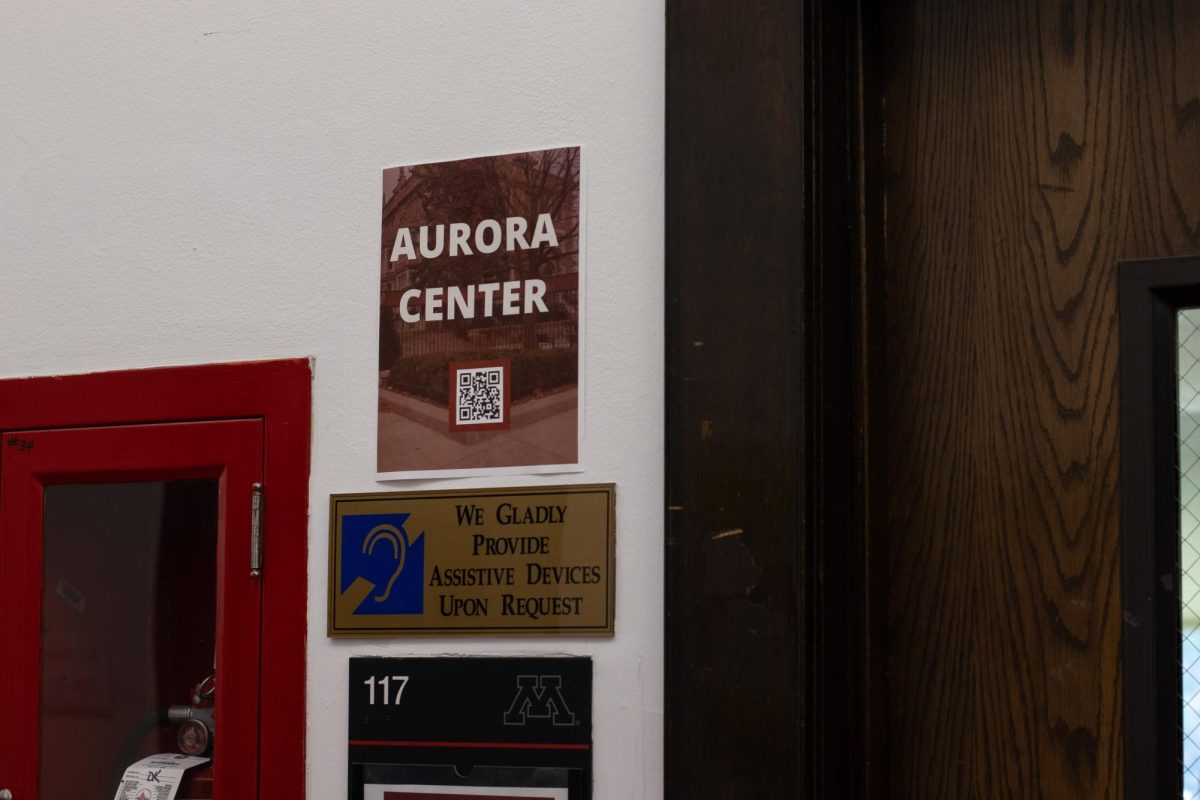Anyone who has happily wasted time in front of the television show Scrubs is aware of hospital rounds: the educational method where a doctor and her residents focus on patients, one at a time, to diagnose, prescribe treatment and more, under the doctor’s guidance. Hospitals can be busy places, so grand rounds can be lightning-fast and ultra-competitive, employing intimidation and shaming on the residents. (This is from real life, not Scrubs.) This has been modus operandi for medical pedagogy since about the late 1800s. But recently, confidence in grand rounds has started to slide. It is known that medical students are subject to extreme stress. But the truth of the matter is the insecurity of new doctors not only threatens their own well-being, but it can obviously propagate through subpar practice on actual patients. No one wins, except perhaps a senior doctor’s twisted ego.
The three parties who need to be present to solve this problem are doctors, residents and patients — all for their own sake. First, the doctors who have risen through the system of humiliation and self-doubt likely bear resentment and find it only fair that the next generation should have to man up and live through it too. This is probably not the compassion-driven mindset that draws a doctor toward medicine in the first place. Instead, it is a product of medical school. Self-aggrandizement and apathy toward others may have been a coping or defense mechanism. There are plenty of very wonderful doctors, but they are all still human, and humans can succumb to the “mean girl” mentality that Tina Fey warned us about.
Barring that all teaching doctors will momentarily let go of decades of their own precedent, unfortunately, most of the responsibility falls on current students of medicine. A medical student needs to make it through this system, learn what’s necessary to be a good doctor, but remain the same kind, empathetic person he or she was before it all started. You must get your M.D., but you can’t let it get you.
Keeping humility and empathy may not be the most difficult thing about medical school. It may take 30 more seconds than originally allotted to attend to the untabulated qualities of the patient, ask questions, listen, and pick up on body language and nonverbal cues. Industrial factories devote untold resources to shaving off that kind of time. But medicine must go above and beyond anything a factory does, because this is conceivably about human health — not operating quotas. That could be why doctors have more sex appeal than engineers.
The patient matters. Often enough, the patient is the most bewildered and isolated party present. The patient can be worried — sick — about everything from his or her own health, livelihood, looking after dependents and meeting wonderfully hidden medical costs, for example. There are some things the doctor can help with.
To generalize, this is not the way doctors are trained to care for patients. Sometimes, they can see everything and nothing at all. I know people who went into medicine for its grandeur and status, but I know many more who did it for love of the fellow man. During a visit to the teaching hospital at the University of Minnesota, I saw the stress and insecurity of a resident and his physician. Once the physician — a kind man — was gone, I connected with the resident over our similarities and interests, like two people who knew it was OK if we didn’t know everything. Hopefully that resident will bring that empathy to his future career. His patients will appreciate it.













